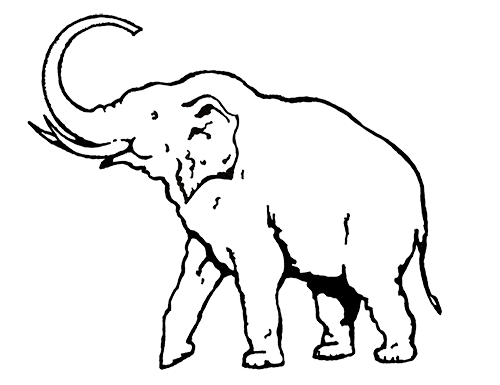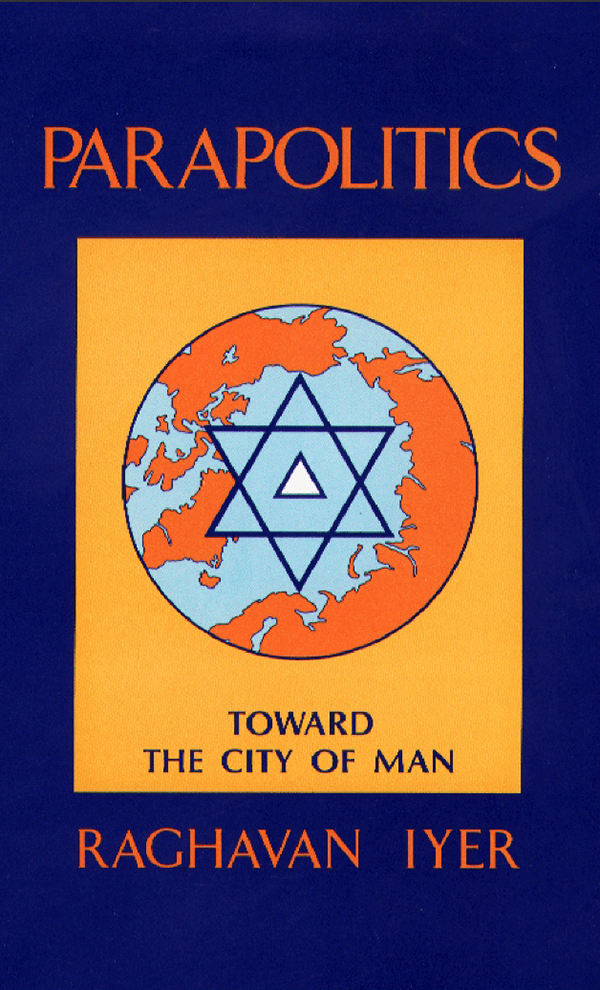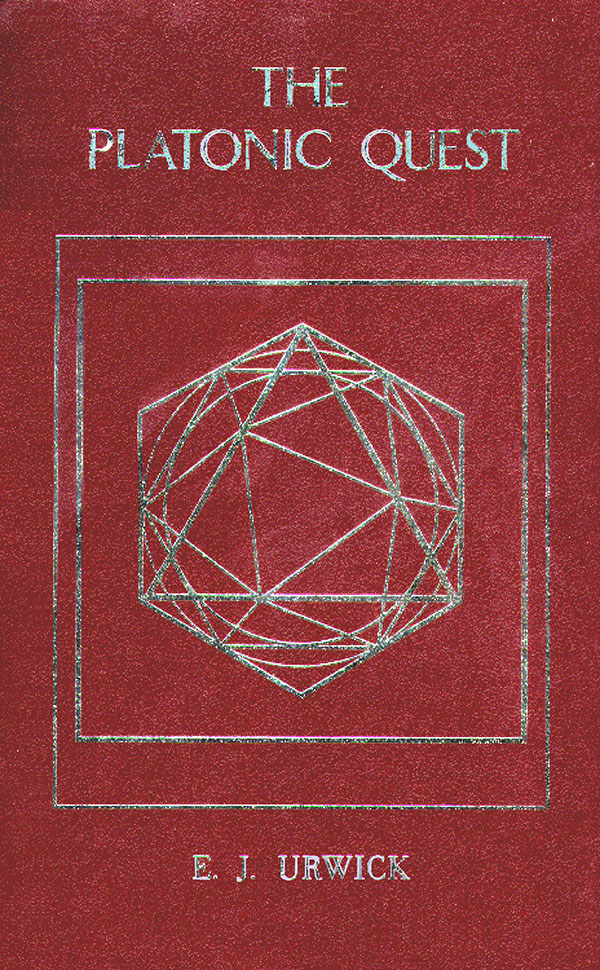Publications written or edited by Shri Raghavan Iyer

The Maitreya Sangha Series
THE MAITREYA SANGHA SERIES fosters freedom and expansiveness of thought in exploring the prospects and possibilities of an evolving Republic of Conscience. These publications investigate the intelligent and equitable use of global resources on behalf of the societies of the future. By nurturing dialectical openness, it aims to focus the finest contributions of science, spirituality and intellectual culture upon the challenges of the emerging world civilization.
Available through Concord Grove Press

PARAPOLITICS
What is living and what is dead in contemporary political ideas, traditional beliefs and inherited allegiances? How may a better future be constructed from our complex past? Considering such questions, Parapolitics unveils a radical new perspective extending far beyond the pessimism of the current predicament. Raghavan Iyer moves with ease from the Greek polis to the California communes, from the psychology of self-actualization to the dynamics of social structures. He shows the critical distance needed to see clearly the costs of commitment, the limits and possibilities, in a global community. The book explores the subtle relationships between technology and politics, democracy and liberty, scarcity and abundance. Parapolitics calls for audacious diversity and dialectical skill in the responsible exercise of will and imagination. By distilling the ideas of seminal political thinkers from Socrates and Plato to Marx and Gandhi, the book provides a firm basis for a fresh vision of Civitas Humana — The City of Man.

THE PLATONIC QUEST
The Platonic Quest by E.J. Urwick is a path-breaking interpretation of Plato’s Republic that weaves together Socratic-Platonic teachings and classical Indian concepts. Urwick portrays the social structure of the Republic as a holistic vision. Breaking with the scholastic interpretations of earlier philologists and later positivists, giving full measure to the profound and puzzling themes of the Republic, Urwick also shows the coherence of the dialogue as a living testament to the human potential for spiritual wisdom. By integrating elements from humanity’s ancient heritage, he restores depth and meaning to the Platonic quest while intimating its promise for the future. The book is enriched by an introductory chapter on the Platonic dialectic and an epilogue on anamnesis by Professor Raghavan Iyer.
